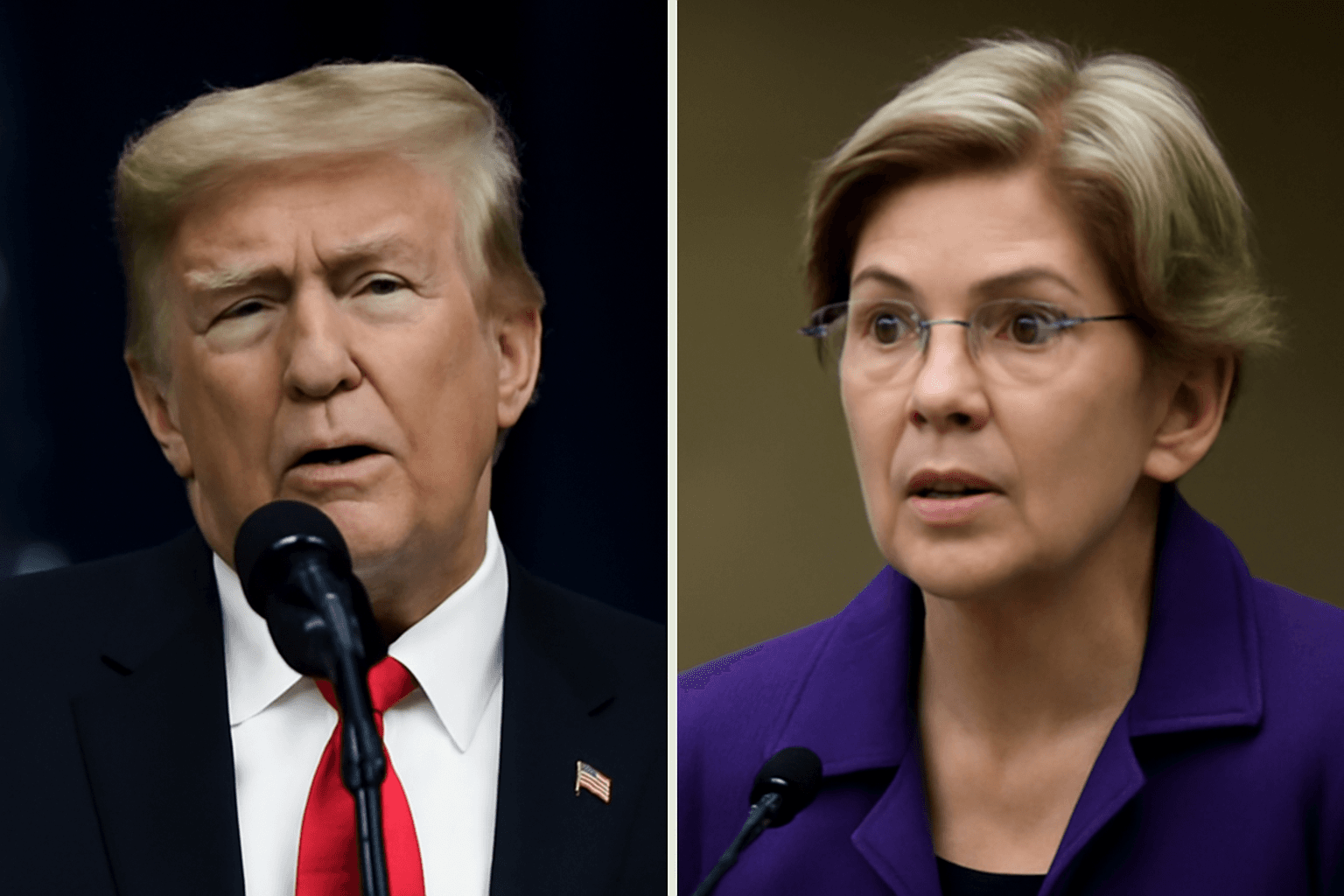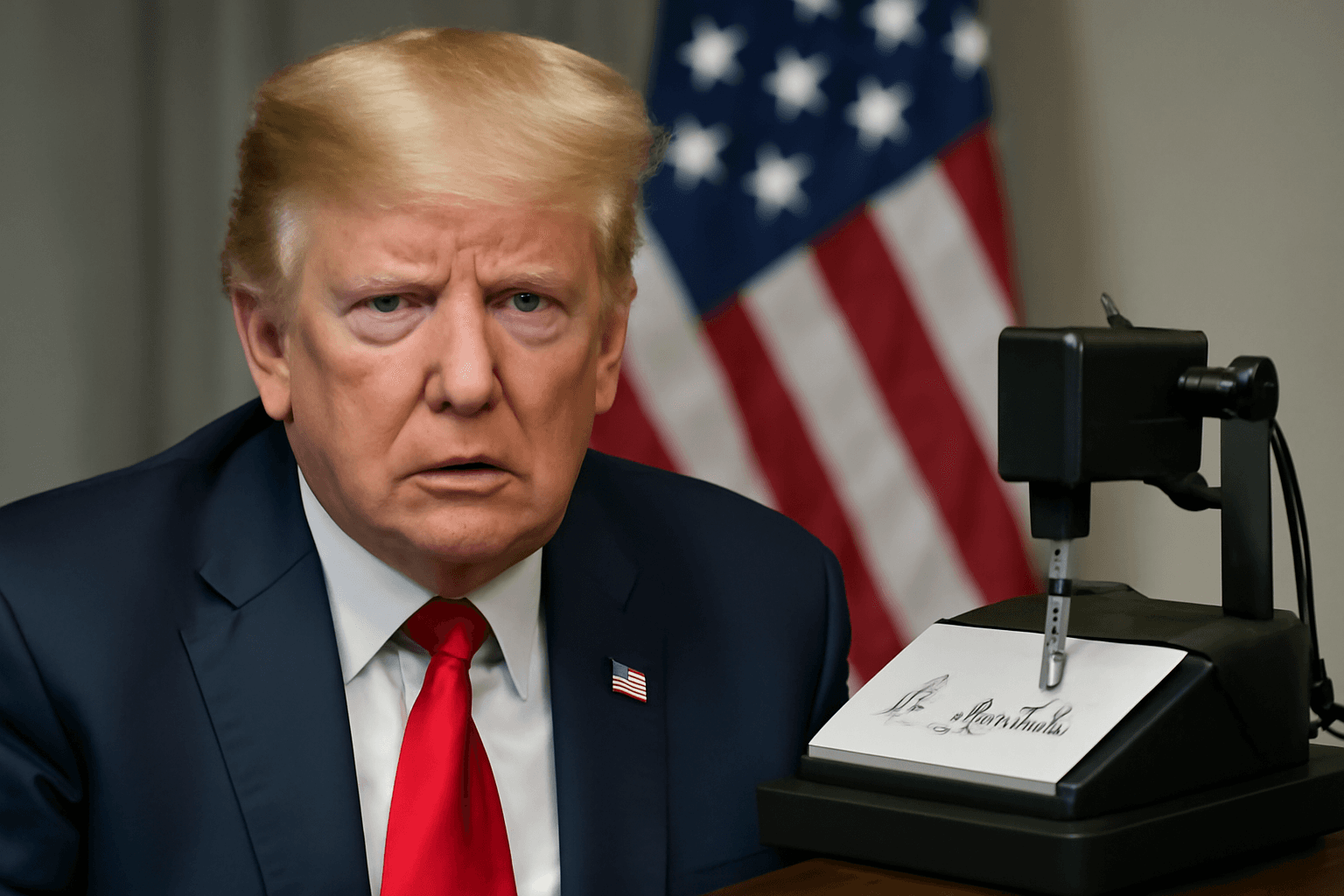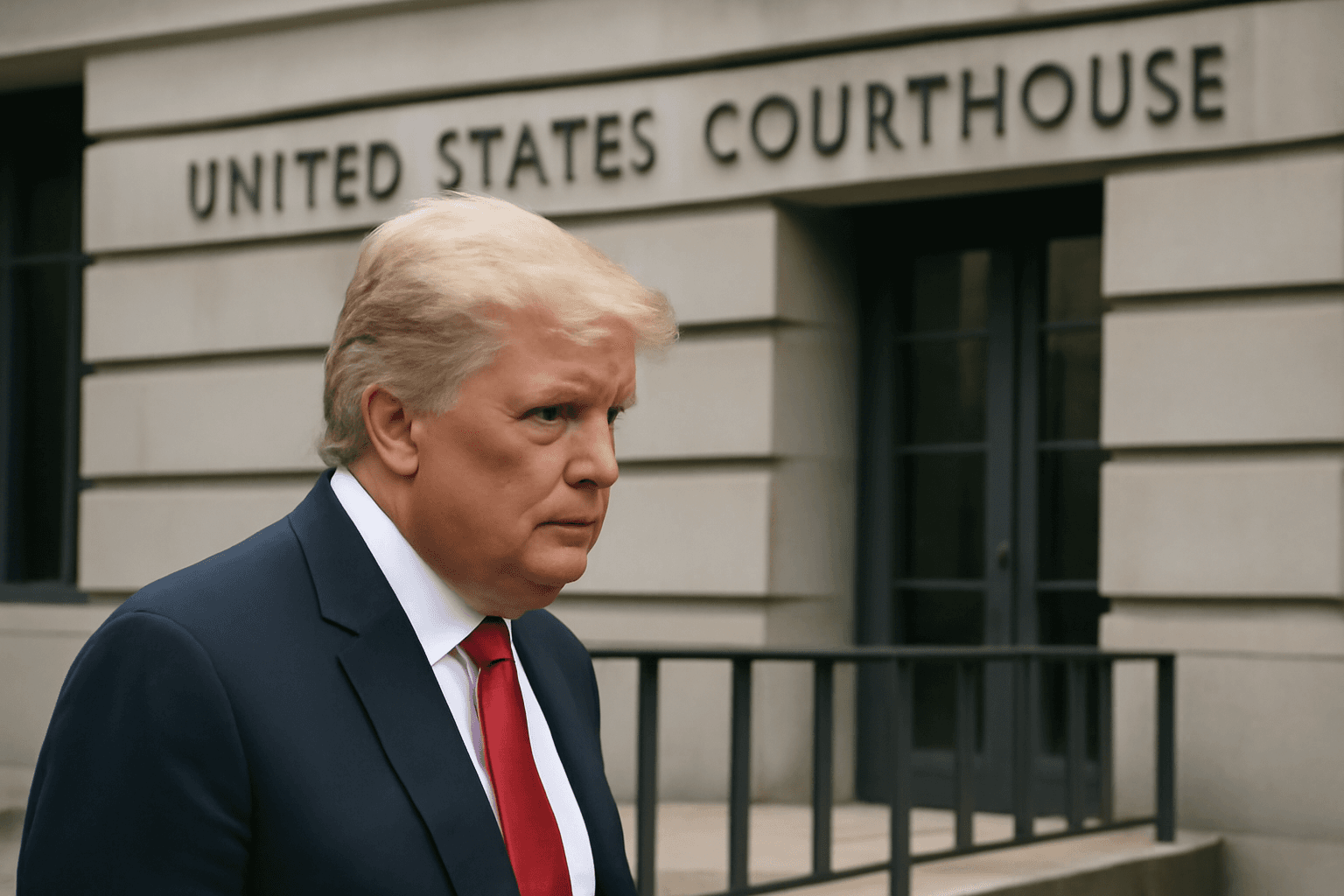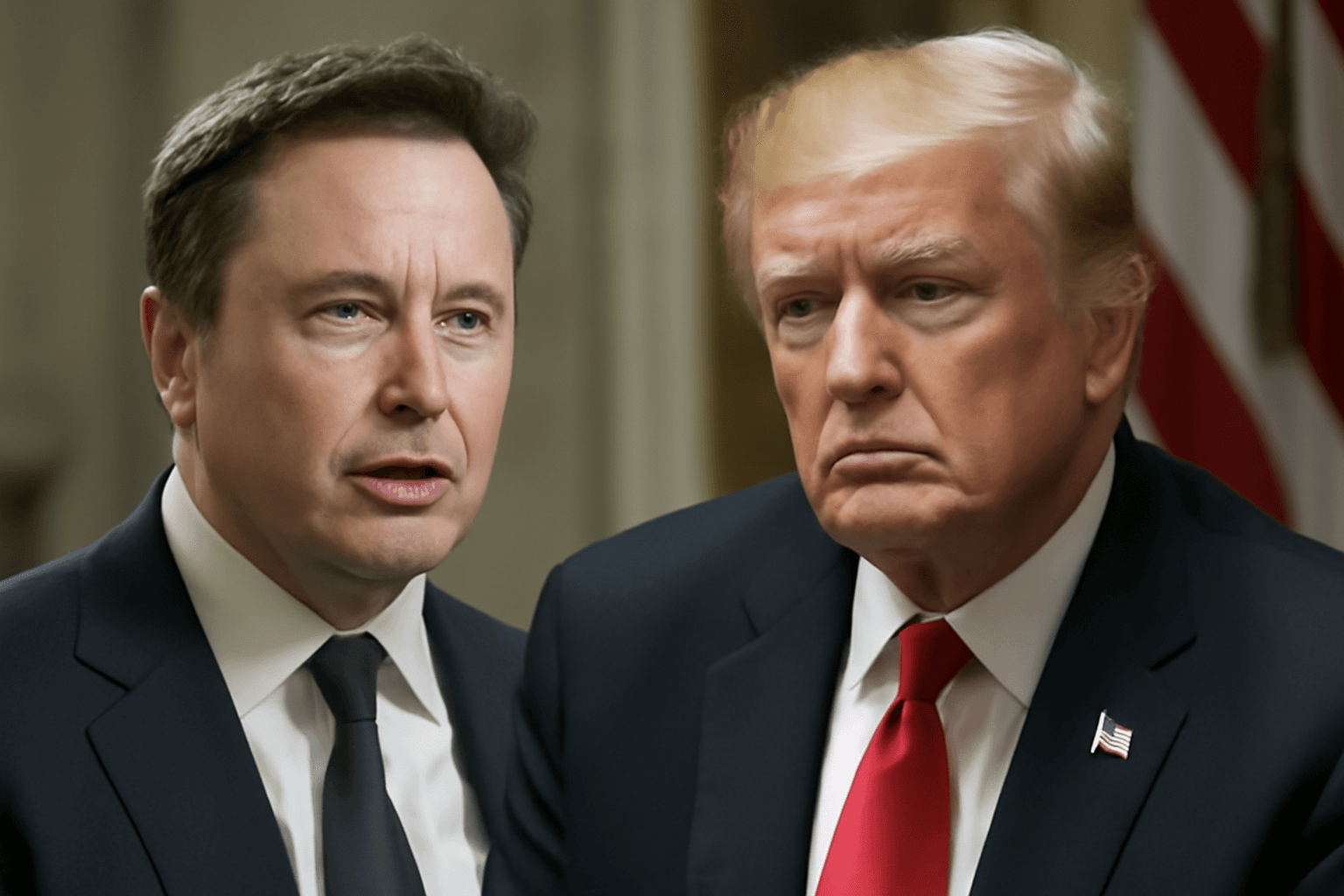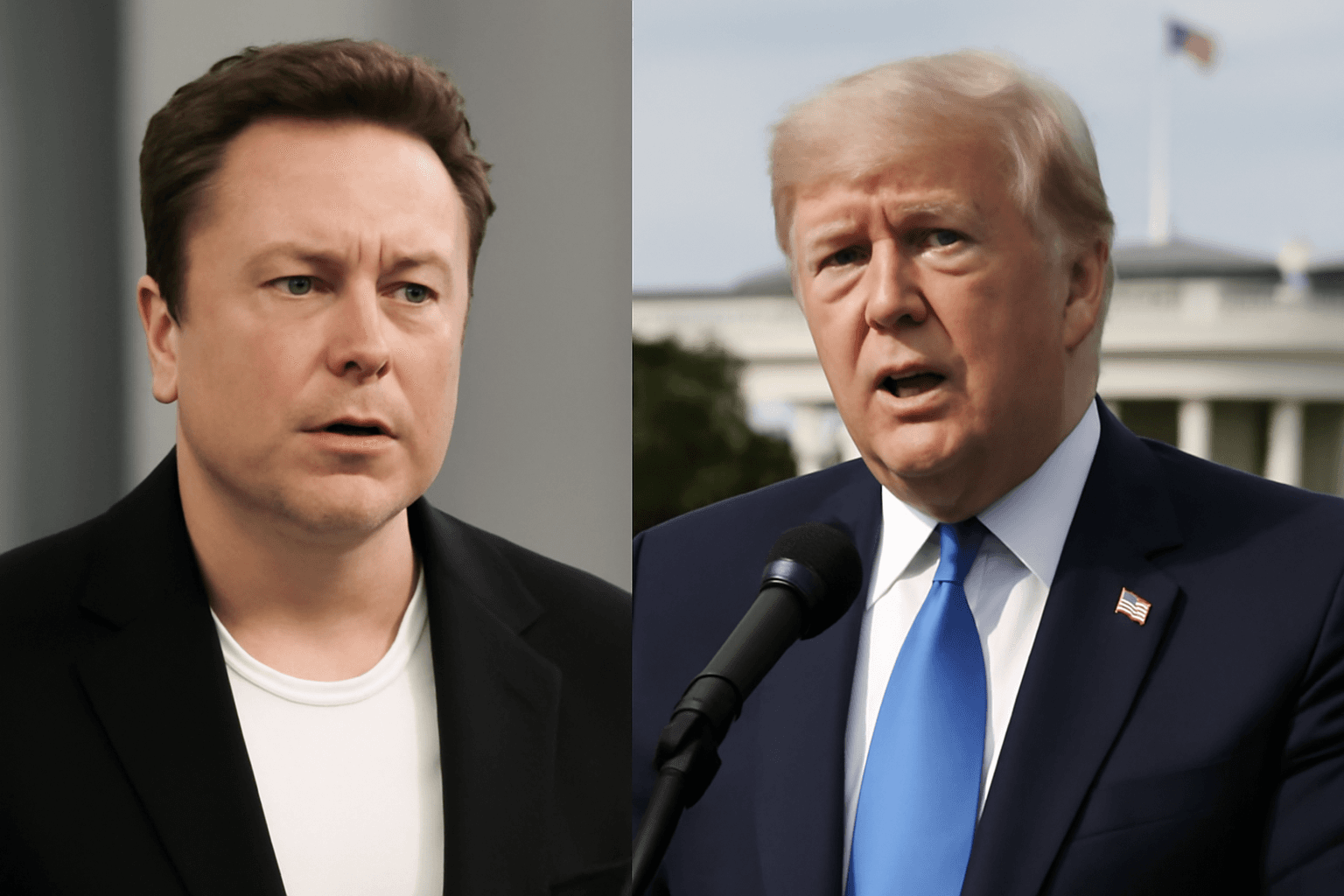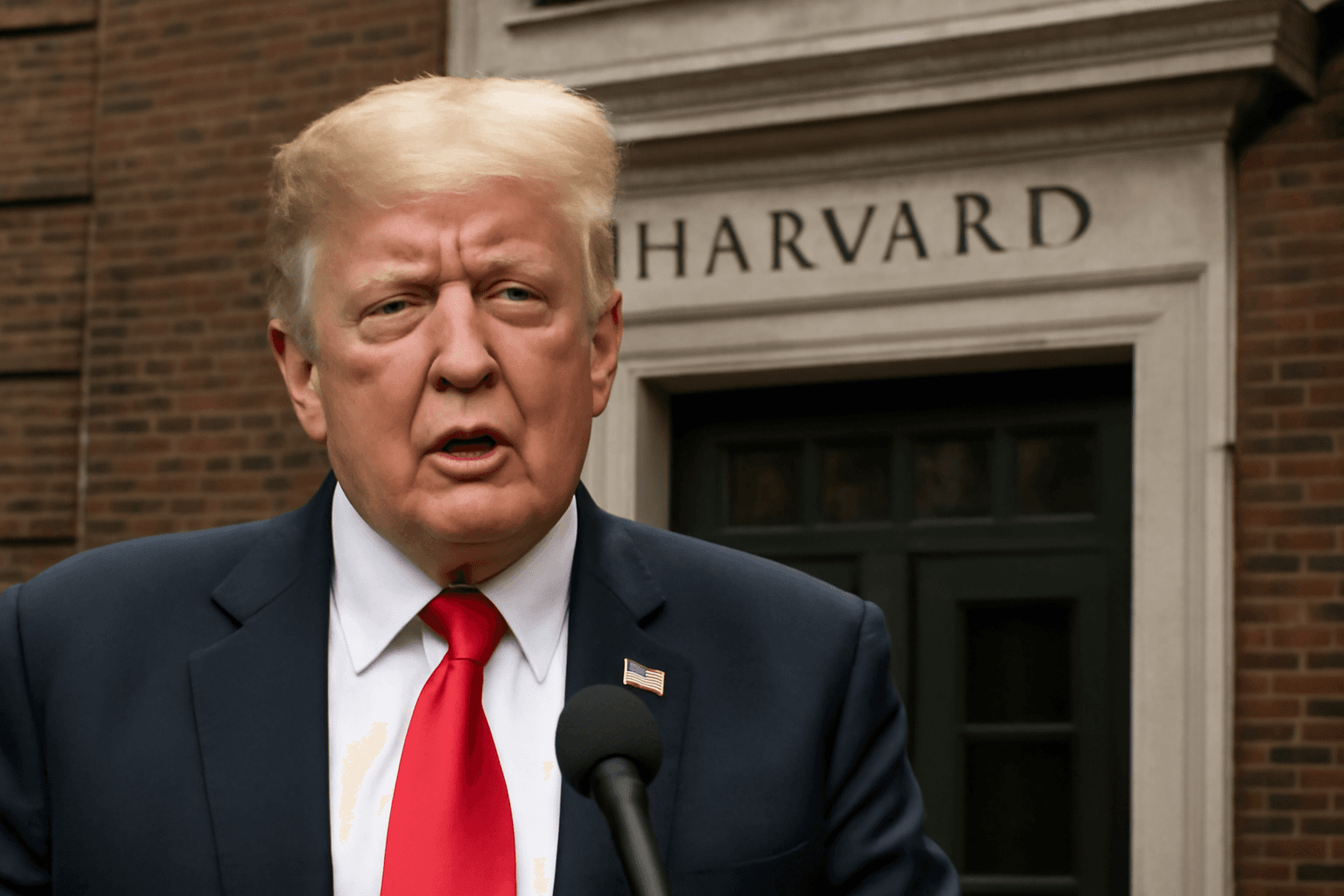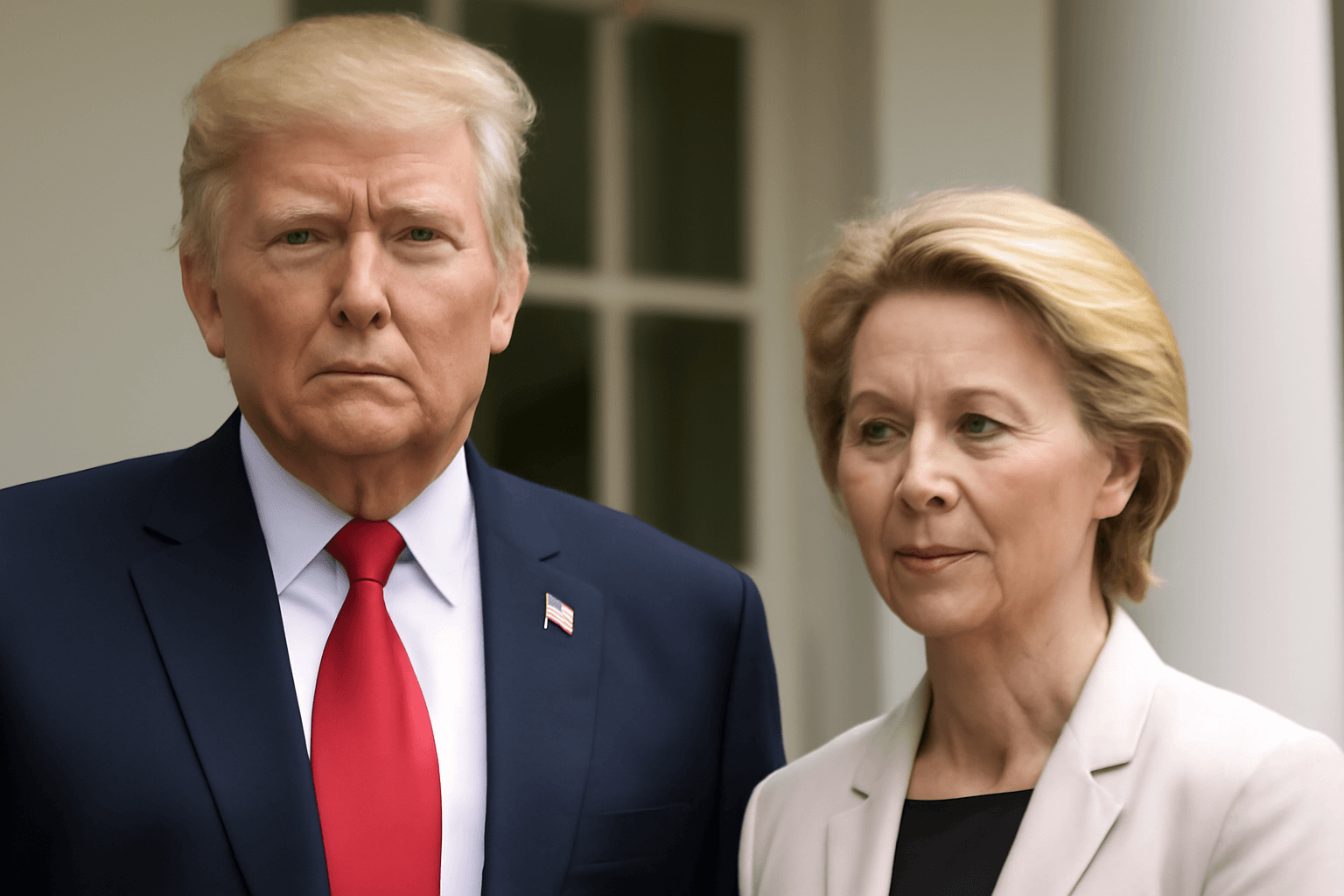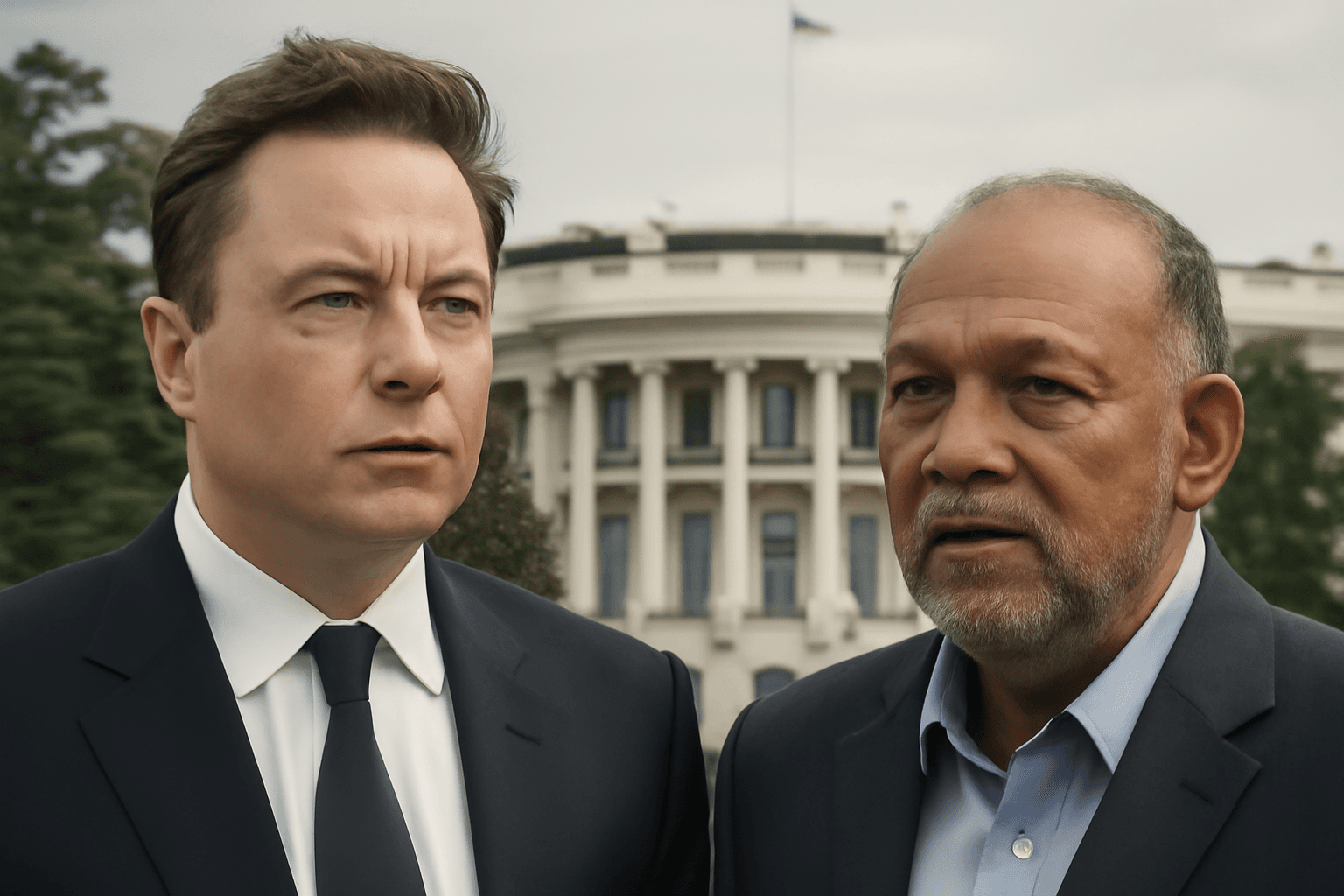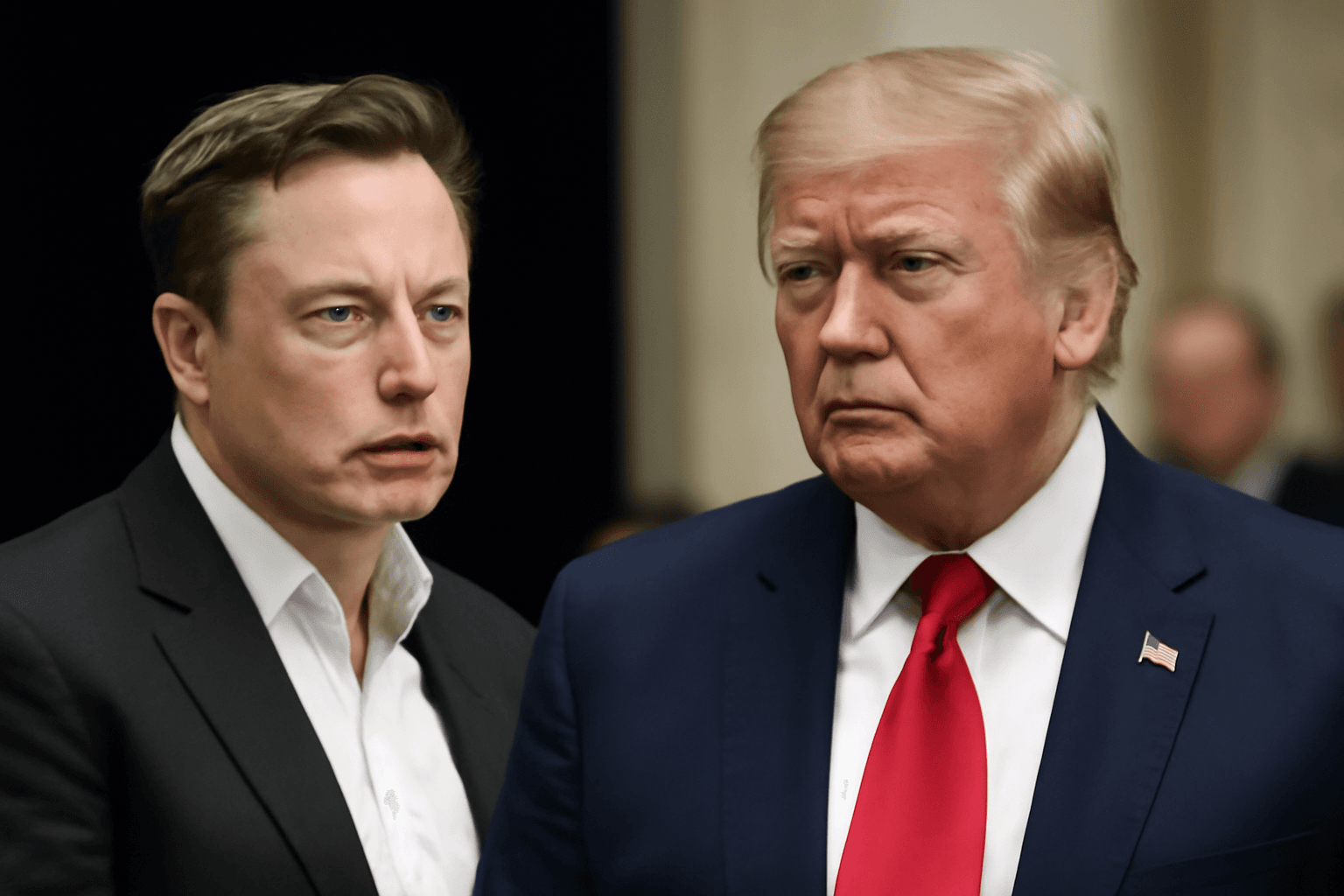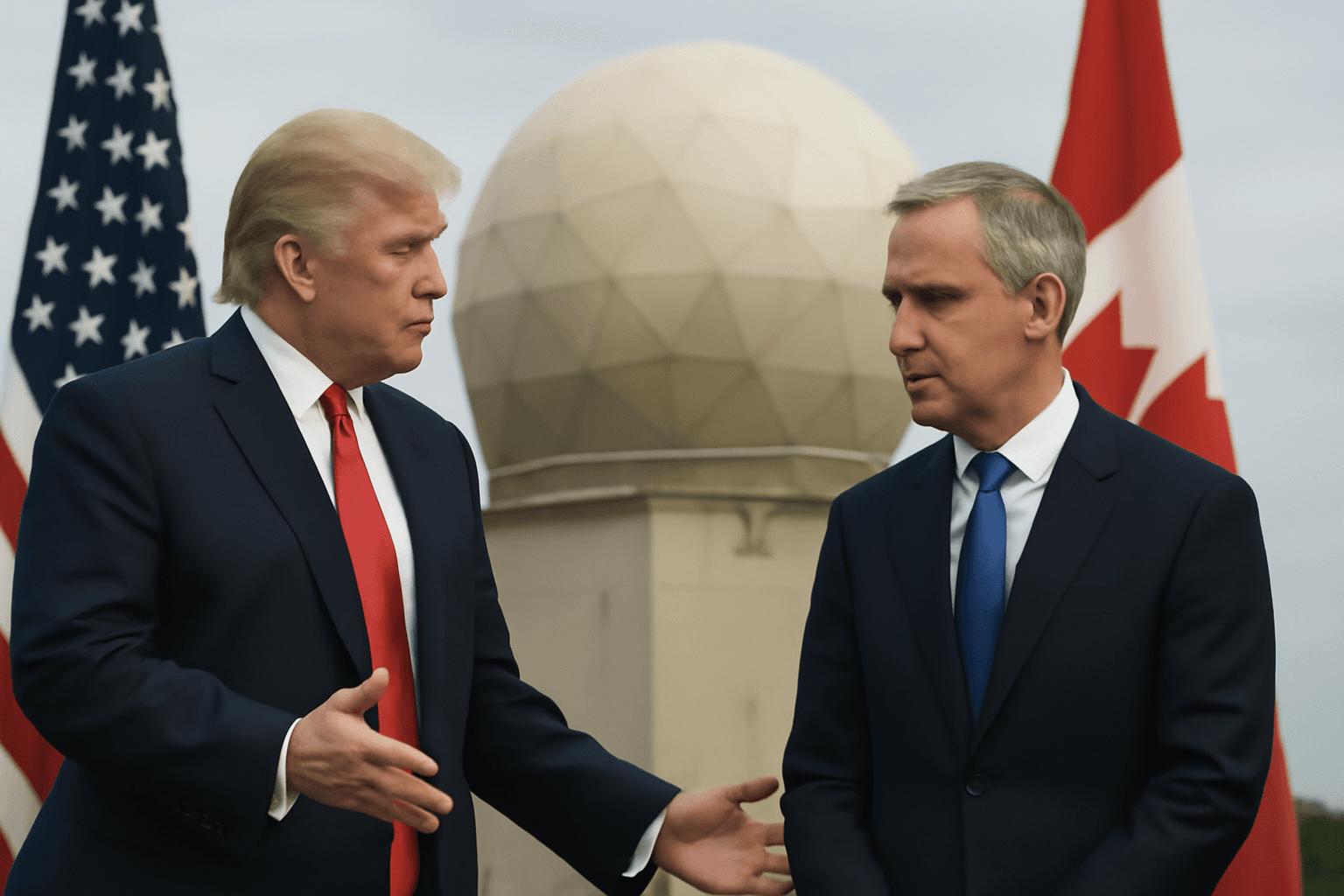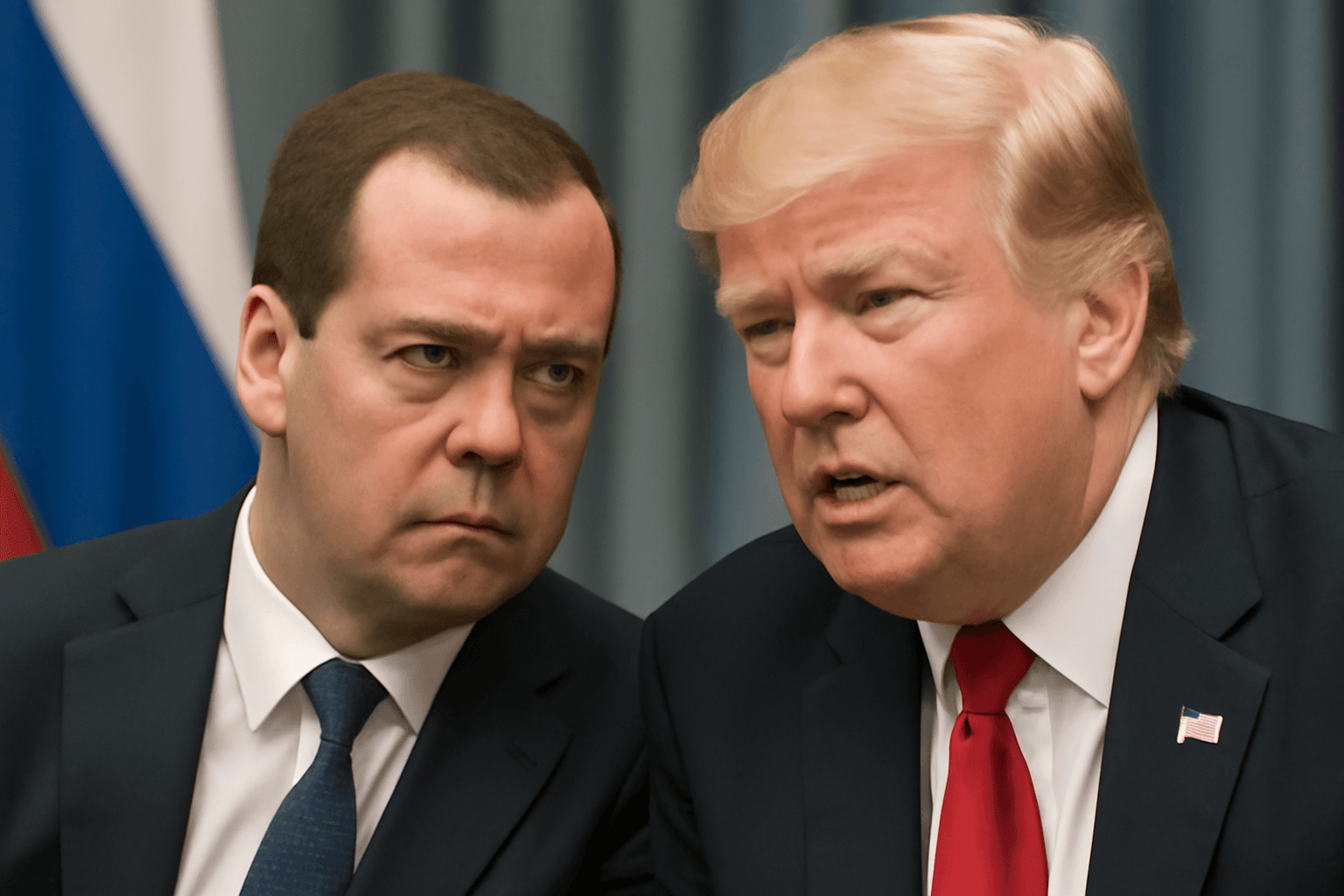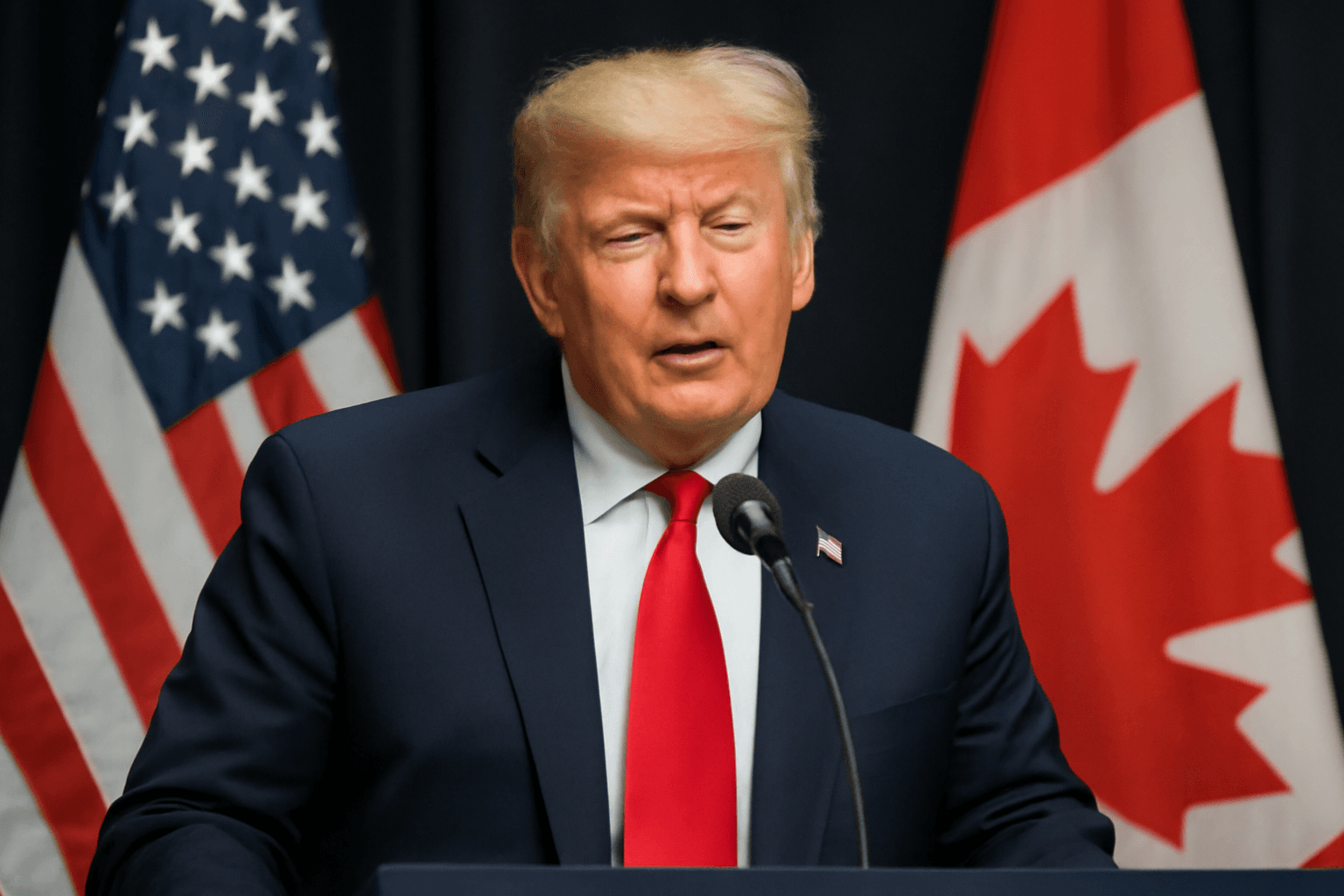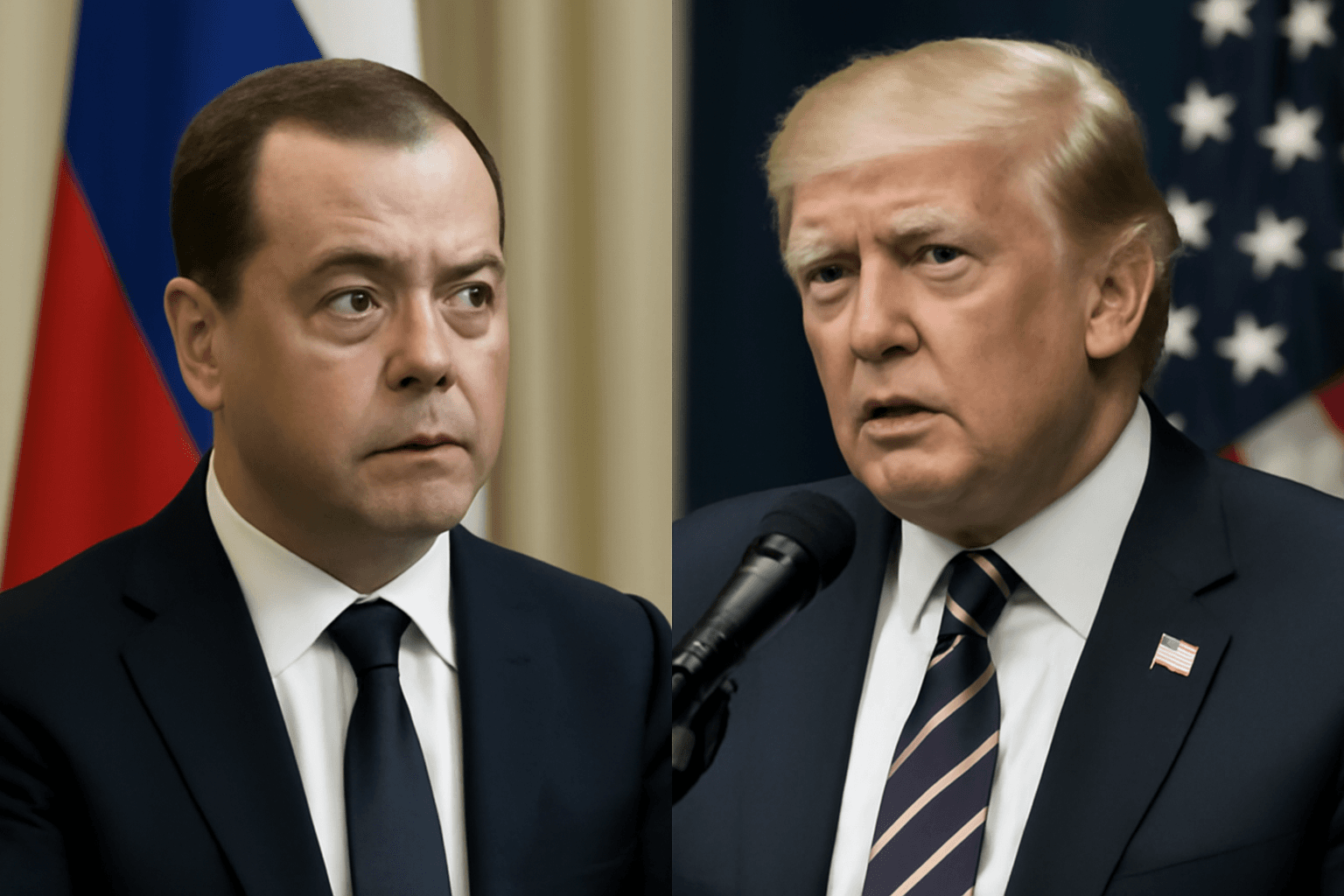Donald Trump’s use of the nickname “Pocahontas” to refer to Senator Elizabeth Warren has once again drawn public attention following renewed accusations from Trump advisor David Sacks. On May 28, 2025, Sacks alleged that Warren exerted undue influence over President Joe Biden by controlling the use of his autopen, reviving a longstanding political dispute rooted in questions about Warren’s Native American ancestry.
The Origin of the 'Pocahontas' Controversy
Elizabeth Warren has claimed partial Native American heritage based on family stories, which she publicly acknowledged during her academic career in the 1980s and 1990s. Despite questions raised about the authenticity of these claims, both the University of Pennsylvania and Harvard Law School have denied that her heritage factored into her employment. Warren has maintained pride in her heritage, emphasizing its significance to her identity.
Donald Trump's Motivation for the Nickname
President Trump began referring to Warren as "Pocahontas" during his 2016 presidential campaign. The nickname was intended to mock her ancestral claims and undermine her credibility. This reference to the historical figure Pocahontas—a Native American woman significant in early colonial history—has been widely deemed racially insensitive and disrespectful by critics, including Native American leaders. Trump even challenged Warren to a public DNA test, promising to donate $1 million to charity if the results verified her claims.
The Historical Pocahontas and Cultural Significance
Pocahontas, born Amonute (also known as Matoaka), was the daughter of Chief Powhatan. Her life has been heavily romanticized and often distorted in popular culture, overshadowing the brutal realities of colonization. Many Native American voices express concern that using her name as a political insult diminishes the cultural and historical significance she holds for Indigenous communities. In 2018, Cherokee Nation Secretary of State Chuck Hoskin Jr. publicly condemned the use of the nickname as inappropriate and disrespectful.
Warren’s DNA Test and Trump's Reaction
In response to Trump’s challenge, Warren released a DNA test in 2018 that indicated the presence of a Native American ancestor approximately six to ten generations back. Warren requested Trump to honor his pledge and donate to the National Indigenous Women’s Resource Center. Trump dismissed the results as inconsequential and declined to make the donation, labeling the situation a “scam and a lie,” and contending that his offer was conditional on Warren becoming the Democratic nominee and debating him.
Recent Renewed Allegations and Political Implications
The “Pocahontas” nickname resurfaced this month after David Sacks, who now serves as President Trump's advisor on Crypto and AI, accused Warren of controlling President Biden’s autopen—a claim lacking substantiated evidence. This development has revived politically charged debates surrounding Warren’s integrity and influence, while simultaneously shining a spotlight on the continued use of racially charged epithets in American politics.
The Broader Impact on Political Discourse and Indigenous Communities
While the debate over Warren’s ancestry remains contentious, the persistent use of “Pocahontas” underscores a troubling trend of weaponizing cultural identity for political gain. This practice detracts attention from significant challenges facing Native American communities, who frequently call for substantive discussions on their real issues rather than politicized name-calling. Advocates urge a shift toward respectful dialogue and meaningful engagement with Indigenous voices and concerns.

